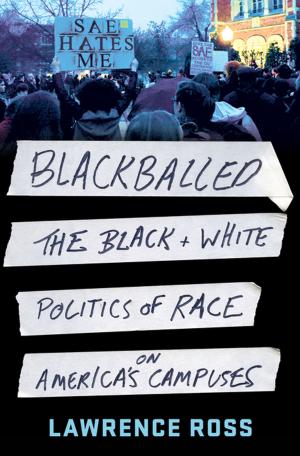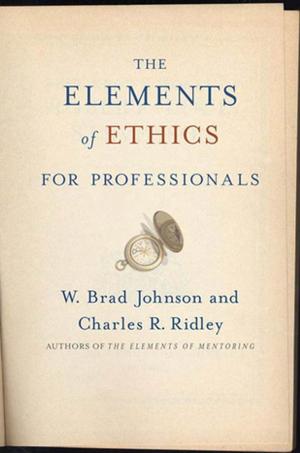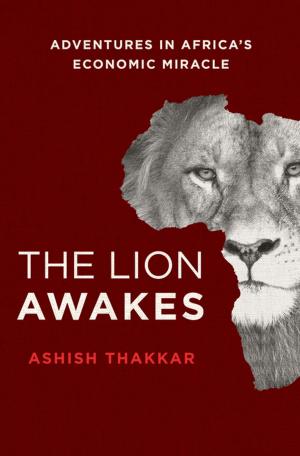Belief, Doubt, and Fanaticism
Is It Essential to Have Something to Believe In?
Nonfiction, Religion & Spirituality, Occult, Spiritualism, Health & Well Being, Self Help, Self Improvement, Motivational, New Age| Author: | Osho | ISBN: | 9781429951265 |
| Publisher: | St. Martin's Press | Publication: | April 24, 2012 |
| Imprint: | St. Martin's Griffin | Language: | English |
| Author: | Osho |
| ISBN: | 9781429951265 |
| Publisher: | St. Martin's Press |
| Publication: | April 24, 2012 |
| Imprint: | St. Martin's Griffin |
| Language: | English |
One of the greatest spiritual teachers of the twentieth century addresses the conflicts that arise between people with opposing views and the dangers of losing your individual identity in your desire to belong to a group with shared values.
In Belief, Doubt, and Fanaticism: Is It Essential to Have Something to Believe In?, Osho brings his unique and often surprising perspective to the religious, political, social and economic forces that drive people into opposing camps, fanatical groups, and belief systems that depend on seeing every “other” as the “enemy.” As always, the focus is first and foremost on the individual psyche and consciousness, to identify the root causes and hidden demons of our human need to belong and have something to “believe in.”
Osho challenges readers to examine and break free of the conditioned belief systems and prejudices that limit their capacity to enjoy life in all its richness. He has been described by the Sunday Times of London as one of the “1000 Makers of the 20th Century” and by Sunday Mid-Day (India) as one of the ten people—along with Gandhi, Nehru, and Buddha—who have changed the destiny of India. Since his death in 1990, the influence of his teachings continues to expand, reaching seekers of all ages in virtually every country of the world.
One of the greatest spiritual teachers of the twentieth century addresses the conflicts that arise between people with opposing views and the dangers of losing your individual identity in your desire to belong to a group with shared values.
In Belief, Doubt, and Fanaticism: Is It Essential to Have Something to Believe In?, Osho brings his unique and often surprising perspective to the religious, political, social and economic forces that drive people into opposing camps, fanatical groups, and belief systems that depend on seeing every “other” as the “enemy.” As always, the focus is first and foremost on the individual psyche and consciousness, to identify the root causes and hidden demons of our human need to belong and have something to “believe in.”
Osho challenges readers to examine and break free of the conditioned belief systems and prejudices that limit their capacity to enjoy life in all its richness. He has been described by the Sunday Times of London as one of the “1000 Makers of the 20th Century” and by Sunday Mid-Day (India) as one of the ten people—along with Gandhi, Nehru, and Buddha—who have changed the destiny of India. Since his death in 1990, the influence of his teachings continues to expand, reaching seekers of all ages in virtually every country of the world.















